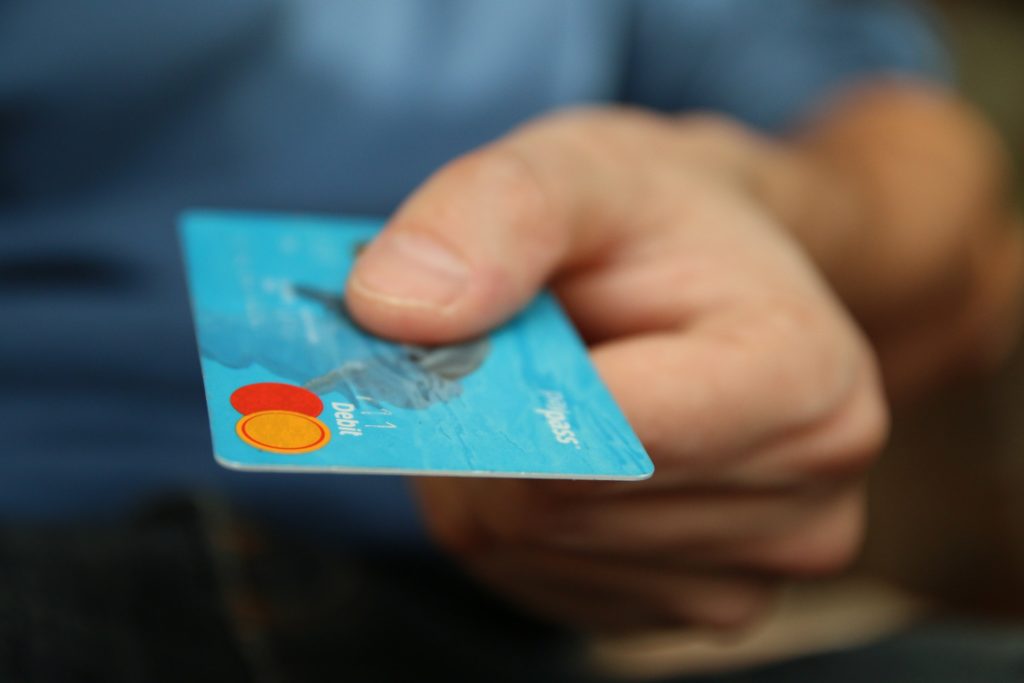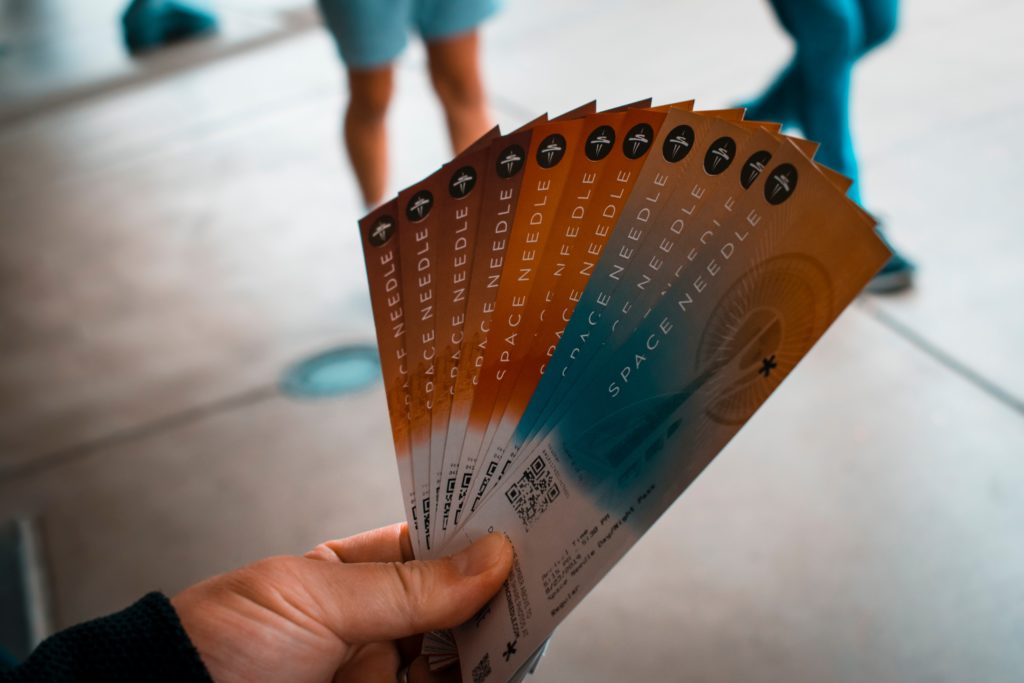
If you’re planning a conference, local fundraiser, concert, or similar event, you’re probably also planning on selling tickets – And for good reason. Ticketed events have many benefits. For starters, most event websites and ticketing platforms provide helpful insight into your marketing and sales efforts. You can see what platforms sold the most tickets and, for national events, what regions of the country had the most sales.
In addition, attendees who pay for entrance have more long-term value than attendees who don’t. When an attendee commits both their time and money to your ticketed events—they’re invested in your company! Your ticketed events might have lower headcounts, but those heads are actively engaging in your brand. Of course, before you have any attendees, you need to sell those tickets. In this post, we explore best practices for pricing and marketing your tickets as well as communicating with attendees.
Know Your Audience
To get the most out of the post—and your planning efforts!—you need to know your target audience. While there are certainly best practices for ticketed events, there’s no one-size-fits-all formula that will work for every business. That means you’ll have to make some decisions along the way, like where to market your event, or what to charge per ticket. (Don’t worry, we’ll cover all that!)

What will work for you, though, is making decisions based on your audience. If you haven’t already, start by asking your team questions about your target audience. For example, “Who is my ideal attendee? What are their priorities? Where do they hang out (virtually or physically)?” Once you have those answers, you can start to build your ticketing strategy.
Establish Costs and Profits
Before you set a specific ticket price, you need to establish what your business or organization can afford. Start by calculating all your event costs, including future costs that haven’t left the budget yet. For example, if you haven’t paid the speaker, factor that in! The bottom-line cost for your event is how much you have to make in sales to break even.
Bonus Tip: If you want to make a profit, add your target profit amount to your costs.
Divide your total cost by the number of tickets you estimate selling, and you have your target price per ticket. Note that this is an estimated price and not the final cost of the ticket. If you already have a target ticket price in mind, you can also divide your costs by the price per ticket to establish how many tickets you have to sell to break even.
Choose the Right Price

After you’ve established a general guideline for profit, it’s time to finalize the ticket price. Psychology tells us that prices should end in 9, 99, or 95—commonly referred to as “Charm Price.” Even though there’s only a penny difference, $2.99 appears more affordable than $3.00 because 2 is less than 3.
Bonus Tip: Run your final ticket price through your cost-and-profit equation to make sure it’s realistic!
In addition, there are certain price points that seem shockingly expensive—usually large rounded, even numbers like $100, $250, and $500. So when you set pricing, try to stay $10-$25 under these amounts. For example, if your audience doesn’t like spending more than $100 on a ticket, set your price at $89.99. It only saves them $10.01, but they see 89 (which is practically 80), and feel like they saved $20.
Offer Multiple Buying Options
To attract a larger audience, and fit into more budgets, consider offering multiple buying options at your ticketed events. This includes single- and multi-day tickets for longer events. But also early-bird discounts and VIP packages. Early bird discounts reward attendees for registering ahead of time, usually a few months ahead. There are three key elements to early ticket purchases: quantity, deadline, and general admission (GA) price.

Always set a limit on the number of available early bird tickets, and display the remaining quantity on the website. This gives attendees a sense of urgency to buy a ticket before they sell out. The same goes for deadlines, too. Early bird specials usually only run for a couple of weeks, to get interested people to buy immediately. Display the deadline clearly and prominently on your site. Finally, list the GA ticket price, too, so the attendee sees just how much money they’re saving (before it’s too late!).
You can also offer VIP packages for backstage access, free goodies, or a post-show Q&A with the speaker. These tickets are significantly more than GA tickets, but they provide a richer, more personalized experience for your attendee. VIP tickets go on sale alongside the GA tickets but should have a limited quantity just like the early birds.
Promote Your Ticketed Events
Remember when you asked yourself, “Where does my target audience hang out?” It’s time to put your answer to use! Your prices might be spot-on within your audience’s budget—but if they don’t know there’s an event coming up, they won’t buy any tickets! The good news is that you don’t have to use every available platform to invite your guests.
Bonus Tip: Read our post on writing a killer event description to boost sales!
Instead, select 2 to 3 channels that your audiences uses regularly. This includes the methods you already use to communicate with them—like email or social media. But you can expand that to direct mail and paid advertising. Just make sure to add those costs to your bottom line!
Communicate With Attendees
Post-purchase communication with your attendees is critical. It will boost your post-event feedback and increase the likelihood of guests attending a future event. After someone purchases a ticket, they should immediately receive a confirmation email with a digital copy of the ticket and/or event details—including special instructions, like parking.

But don’t trust that one email. You should send all that information multiple times leading up to the event. We recommend some variation of the following:
- Two months before event
- One month before event
- Two weeks before event
- One week before event
- Day before and/or day of event
This ensures that you stay top of mind for your attendees, and helps them stay organized. No matter how exciting your event is, it’s easy to remember important details when it’s two months away! And, now that you have their email address, you can send them post-event surveys and communications about future events!
Conclusion
Ticketed events are a lot of work—there’s no way around that! But with the right planning, pricing, and follow-through, you and your attendees can have a blast at your next event. And if you’re already selling tickets, but you skipped some of the early steps, like budgeting or mapping our your ideal attendee, that’s okay! You can stretch your budget or offer referral discounts if attendees bring a friend.
Do you use a digital ticket reader? Or do you prefer paper ticket collection?

